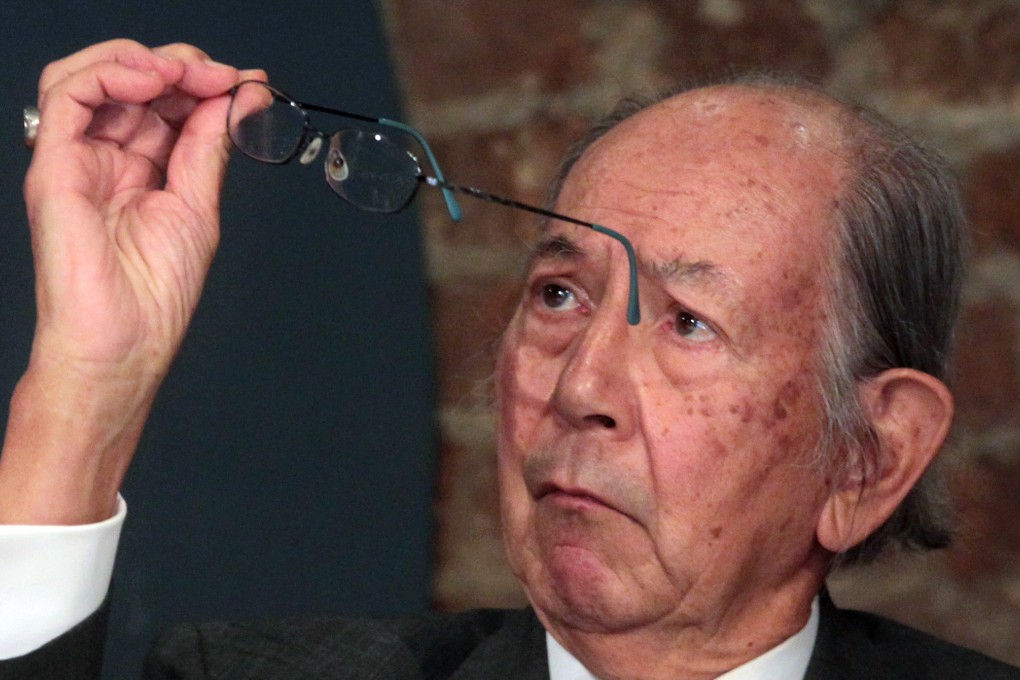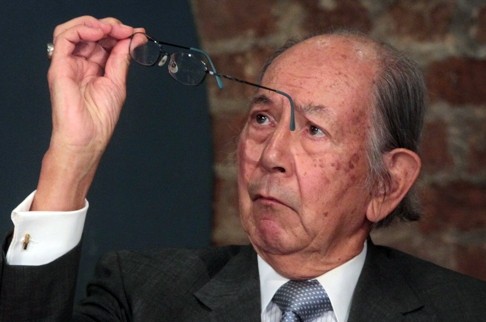Hong Kong courts’ judicial review screening system is working well, despite a few high-profile abuses
John Chan cites statistics showing that misuse of judicial reviews may not be that widespread, although retired top judge Henry Litton’s recent remarks are a timely reminder to be on our guard


In a recent speech at the Foreign Correspondents’ Club, retired permanent judge of the Court of Final Appeal Henry Litton slammed the abuse of judicial reviews in Hong Kong by politicians and public policy advocates.
He specifically singled out the judicial review application of Yvonne Leung Lai-kwok, former head of the University of Hong Kong student union, in March, to challenge the government’s proposal for selecting the chief executive in 2017. Litton believes there were no reasonable grounds for the application and, indeed, Mr Justice Thomas Au Hing-cheung did dismiss the case.
Litton said the case was “simply grandstanding, inappropriate posturing and should be roundly condemned”. He added that the High Court had lost its compass in upholding the discipline of law, wasting time in writing lengthy judgments on such abuses.

Litton said that “judicial review is not available for challenges to government policy. That’s a fundamental rule in the separation of powers”, also citing two other cases of abuse to make his point. Here, Litton’s concern is the proliferation of political advocates’ use of a judicial review as a means, and the court as a forum, to debate and challenge government policy. The courtroom “is not a debating hall or a classroom”, he said.
READ MORE: Hong Kong’s legal system ‘misused’ and ‘drowning in irrelevance’, says former top judge
